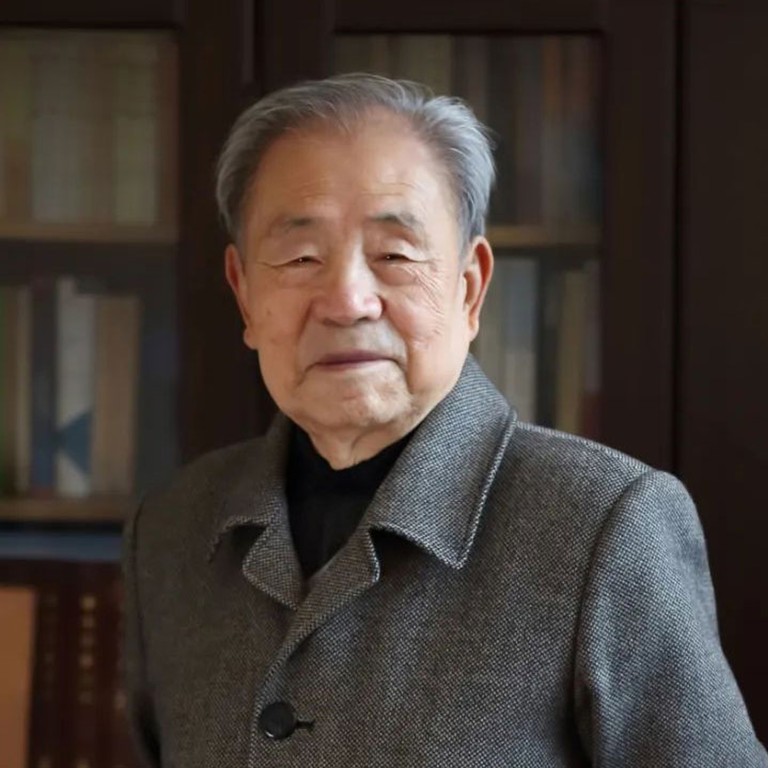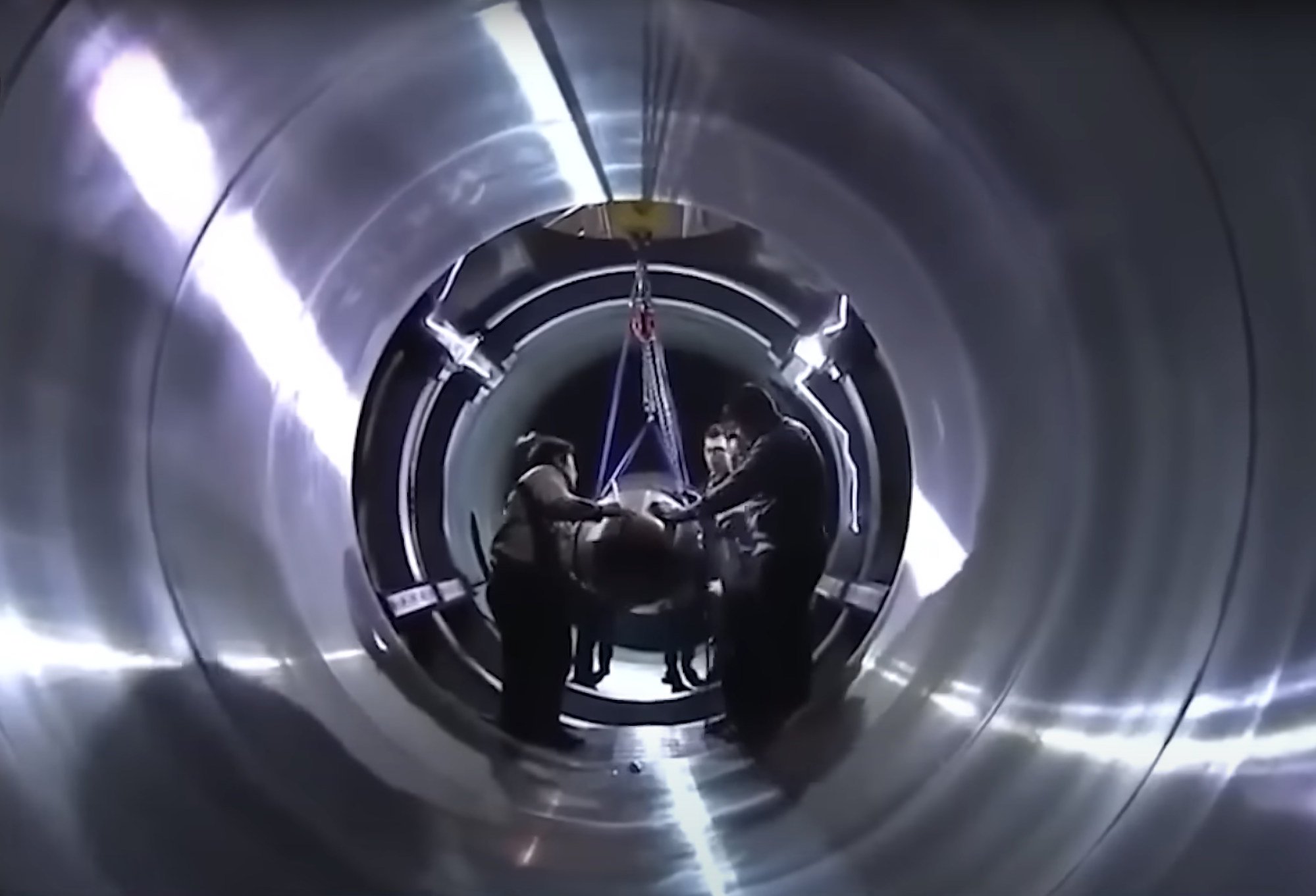
96-year-old wind tunnel pioneer Yu Hongru honoured as one of China’s people of the year for ‘doing what others dare not do’
- The veteran aerospace engineer was described as a ‘hidden dragon’ at an awards ceremony hosted by the state broadcaster CCTV
- Yu’s work has helped with the development of hypersonic aircraft, ballistic missiles and some of the country’s space probes
A 96-year-old Chinese aerospace engineer has been honoured as one of the country’s people of the year at an awards ceremony hosted by state broadcaster CCTV.
CCTV’s award citation at the Touching China 2023 gala described Yu as a “hidden dragon” who took on tasks others would not or could not undertake.
The technology has been used to develop key projects such as the Dongfeng ballistic missile series and Shenzhou spacecraft, with Yu telling the event: “The missiles that pass by Tiananmen Square [during the National Day parade], and all aerospace aircraft have something to do with our research.”
Chinese scientists question ‘flaw’ in Nasa’s hypersonic aerodynamics software
His given name, Hongru, means a scholar of profound knowledge. He joined the Institute of Mechanics under the Chinese Academy of Sciences in 1958, two years after its establishment.
This came at a time when the Soviet Union had launched its first intercontinental missile and launched Sputnik 1, the first satellite to orbit the Earth. “We believed that completing this research would be beneficial for the country,” Yu stated.
One hallmark of Yu’s career has been a drive to minimise costs, even if it means taking risks. When developing shock tubes – the core component of a shock wind tunnel – he continued to use a propulsion method powered by a mixture of hydrogen and oxygen that other countries had abandoned because of the risk of explosions.
“Opposition might indicate mediocrity,” Yu said. “This road was abandoned by foreigners, but I think there is hope. We have the ability to control risk so that no one was injured or killed in the research.”

In 1958, Yu developed China’s first shock tube, and eleven years later, he produced the JF-8 large shock wind tunnel, which matched international standards at a fraction of the cost.
“Back then, the country was so poor; how could we justify spending more? To excel in this work, one must know how to save money. Even now, when the country is wealthier, we should maintain this approach instead of always asking for more funds,” Yu told the awards ceremony.
In the decades since then he has helped develop other innovative wind tunnels and technologies that have been adopted internationally.
China’s hypersonic science aces train their sights on high-speed rail safety
Yu, a member of the Chinese Academy of Sciences, officially retired in 2017 but told the ceremony: “I feel there are many more [scientific] problems asking us to move forward.”
The Touching China awards are an annual event that honour around 10 people or teams for outstanding achievements. As well as honouring scientists, other recipients often include sporting champions, grass-roots cadres who work hard and ordinary people who have stood up for justice.

